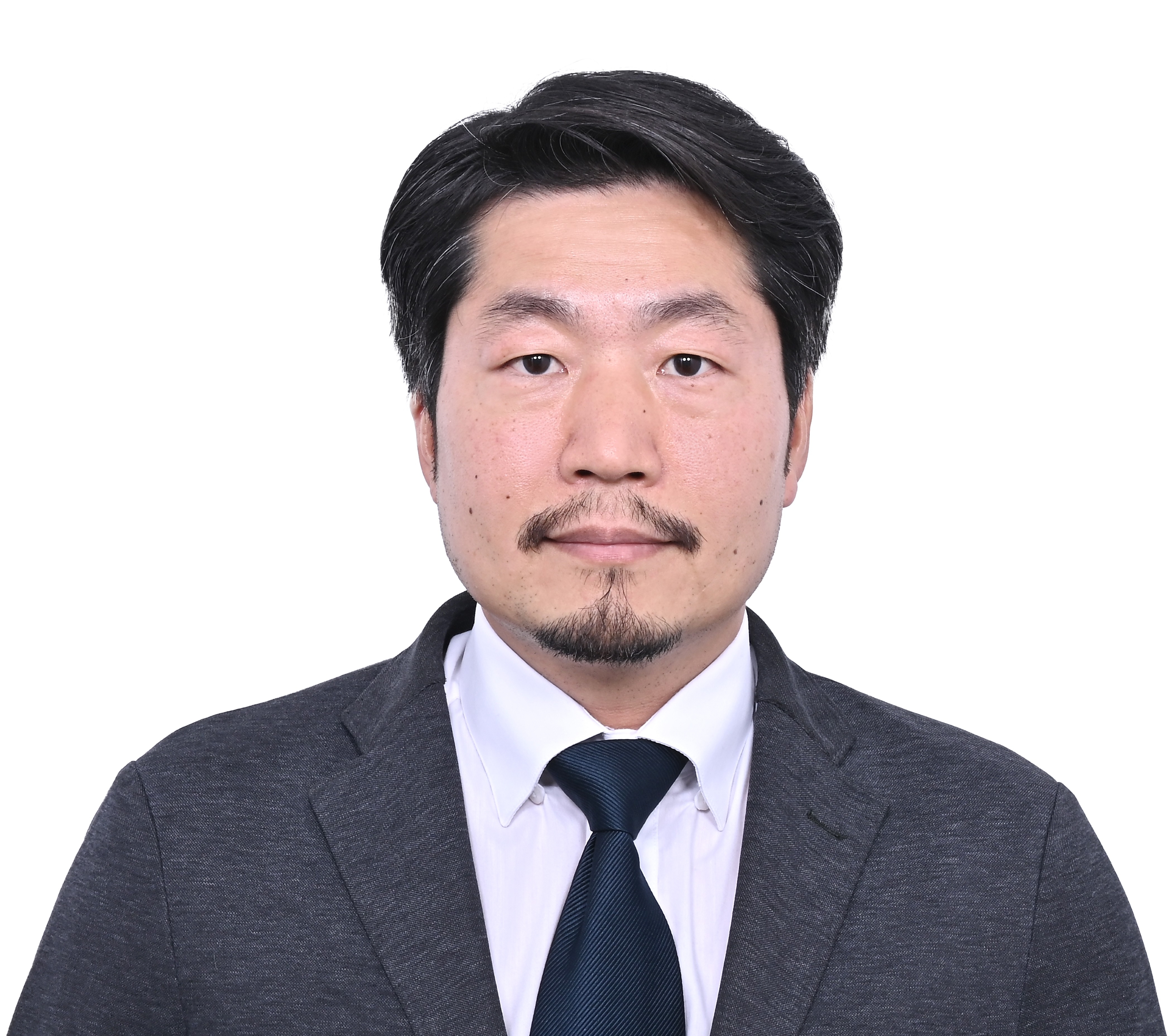The Bachelor of Marine Engineering Technology (MET) is designed to equip students with the essential knowledge and skills required for a successful career in marine engineering.
This program prepares graduates to meet the entry requirements for the Watchkeeper Certificate of Competency (3rd Engineer Certificate), aligning with international maritime standards.
Why Choose This Course?
Designed for aspiring marine engineers, this program prepares you for the 3rd Engineer Certificate with a strong foundation in engineering principles and marine technology. It meets international maritime standards and combines technical knowledge with practical sea training. Through industry-focused projects, simulations, and hands-on learning, you'll be equipped to manage engine room operations, oversee ship systems, and lead in engineering roles across the global maritime sector.
Industry-Relevant Curriculum
1. Provide a strong foundation in basic and advanced knowledge related to the marine engineering field.
2. To qualify students to pursue their professional careers or advanced studies by gaining the skills that enhance their ability to communicate effectively using transferable and soft skills..
3. To support the maritime sector with successful marine engineers to carry out the engineering watch at sea and maintain systems based on engineering fundamentals and modern technological tools.
4. To prepare students for the assessment and certification as Officer-in-Charge of an Engineering Watch (OICEW) in a manned engine room or designated duty engineer officer in a periodically unmanned engine room.












